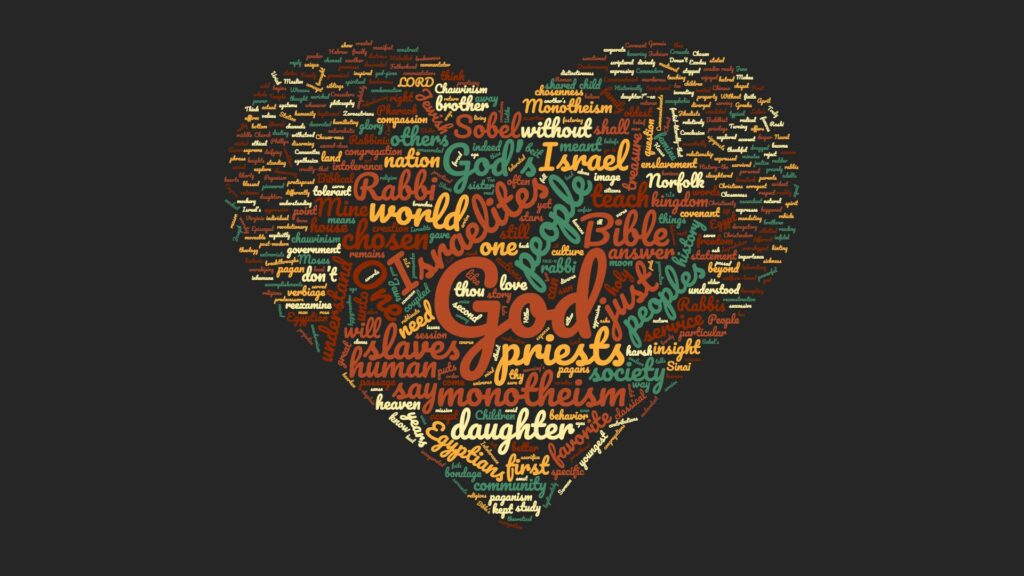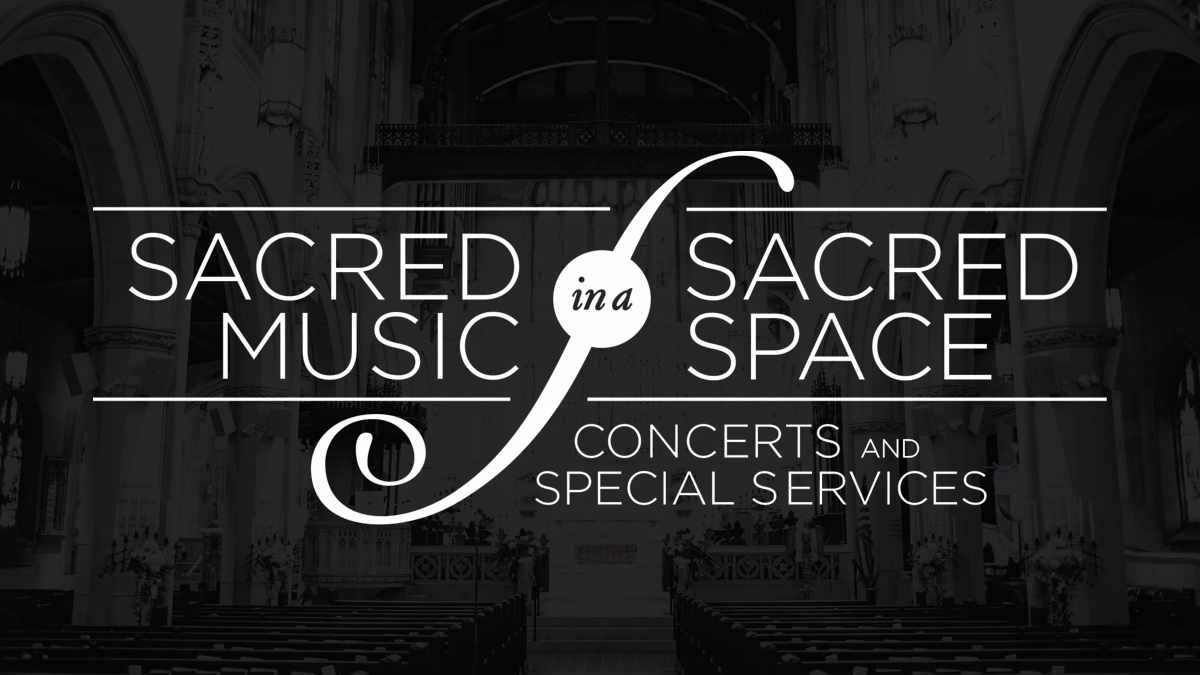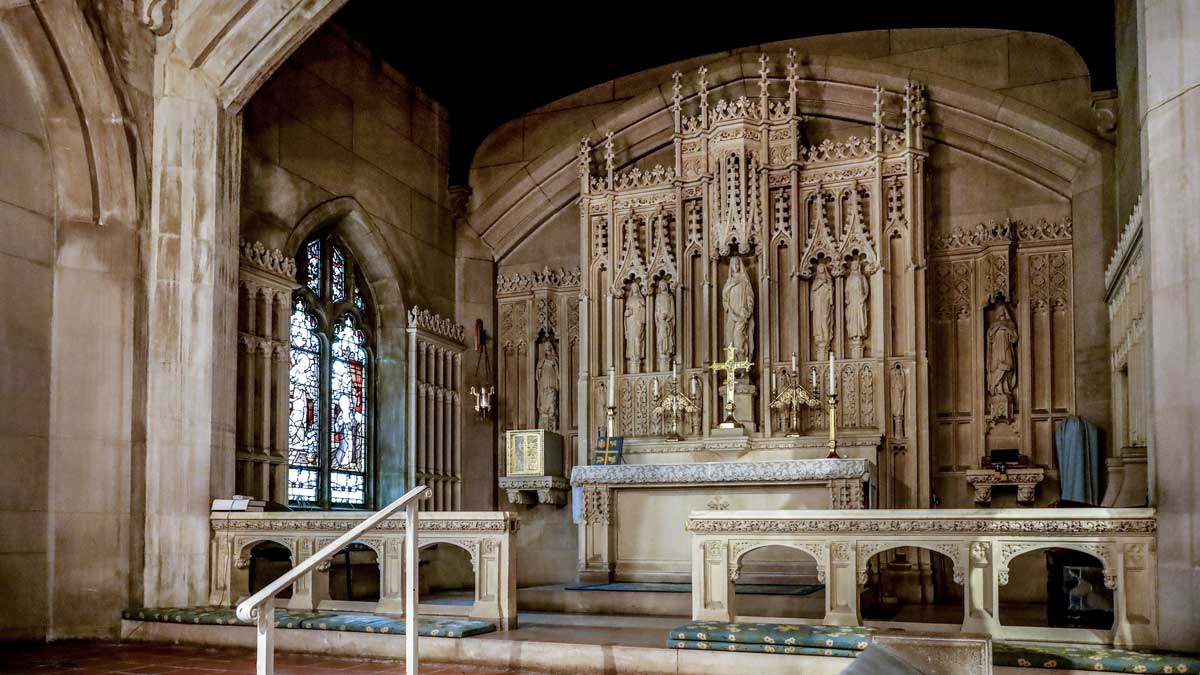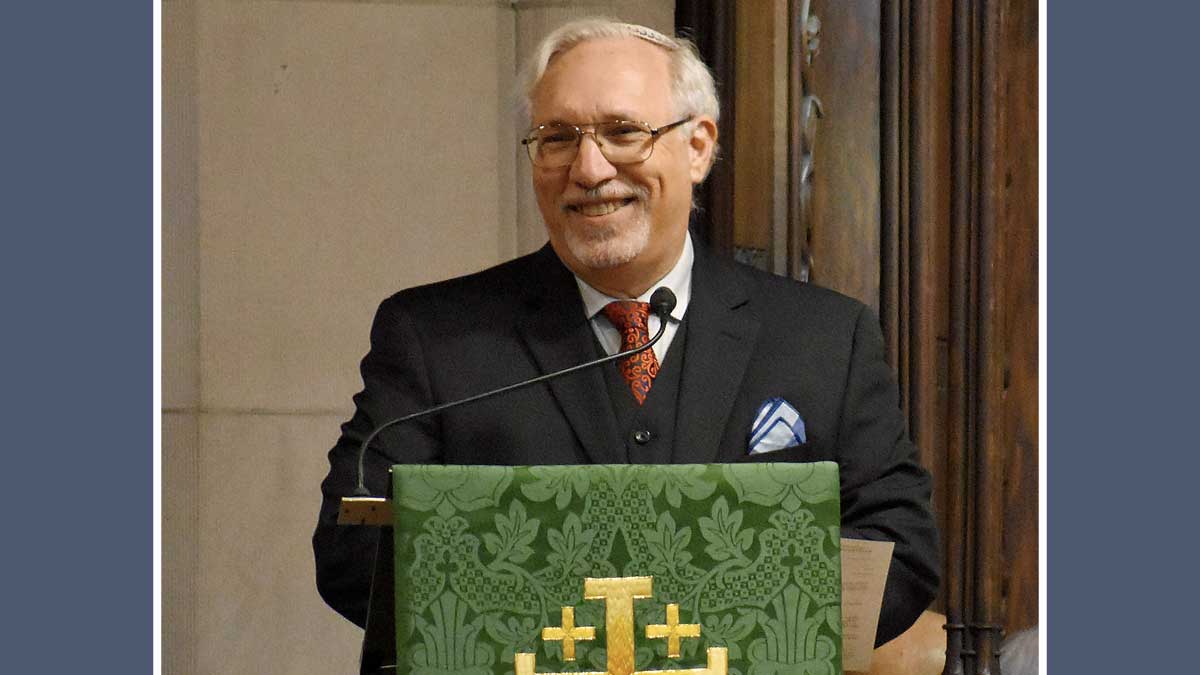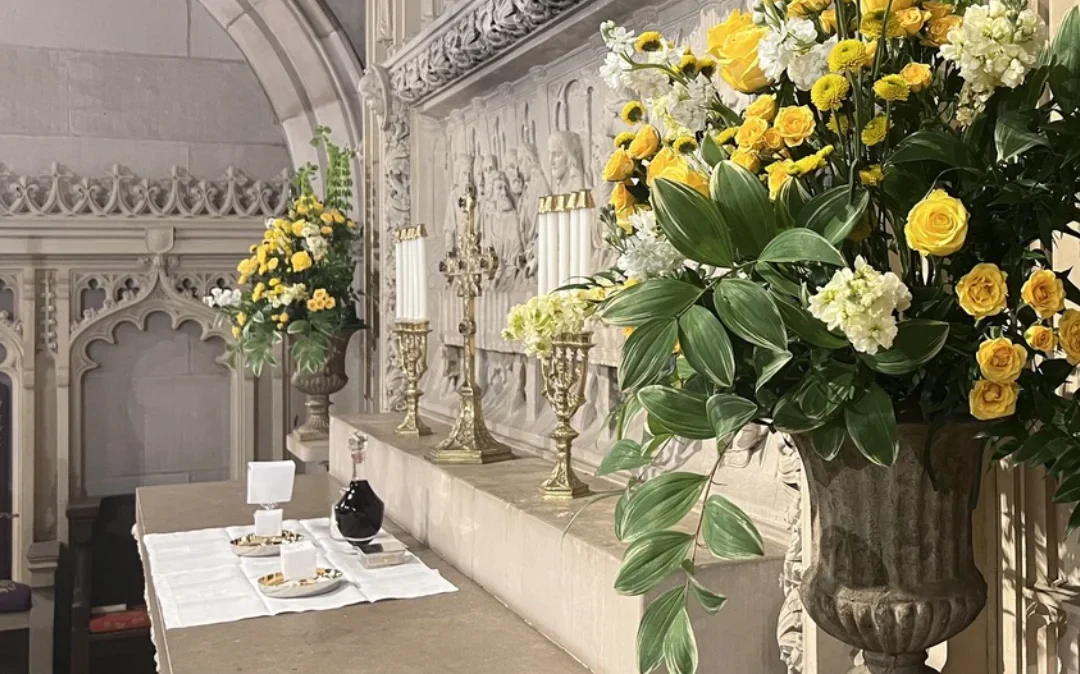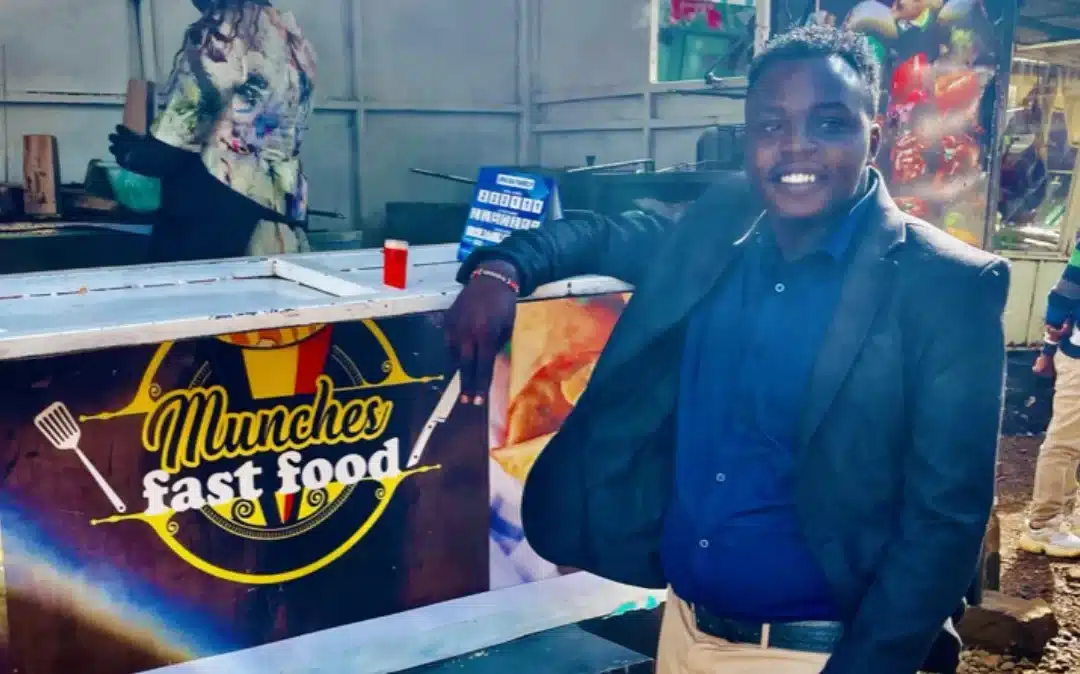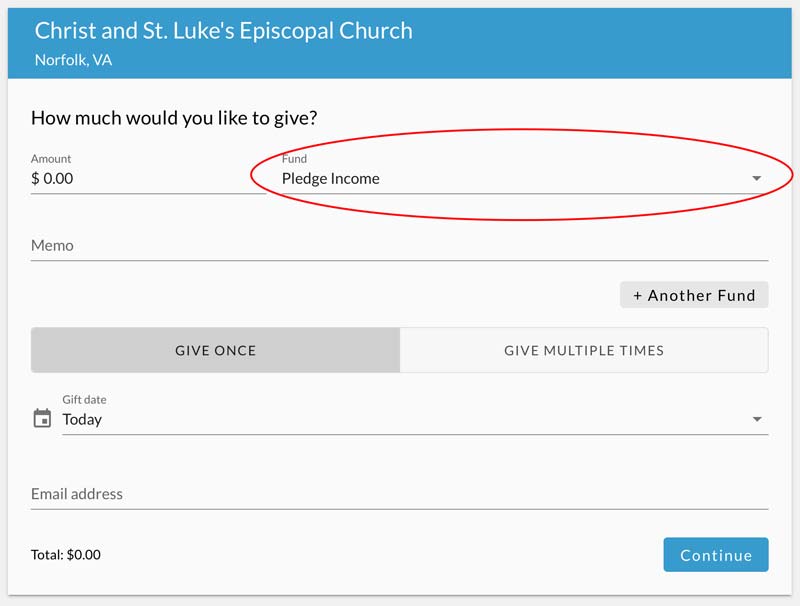One of my great predecessors in the rabbinate serving the Jewish community of Norfolk, Virginia, was Rabbi Sam Sobel. He was a decorated veteran, and then the chaplain who inaugurated the Commodore Uriah Phillips Levy Jewish chapel at the Naval Station Norfolk. During a generation of service to our local Jewish community, Rabbi Sobel was also the go-to rabbi for congregations in distress. When a congregation found itself in between rabbis, or when, as happened in my own Temple Israel, the rabbi fell gravely ill, Rabbi Sobel stepped in and served until another rabbi could arrive.
Rabbi Sobel passed away in 2007, ten years ago this past April, and I still miss him.
Rabbi Sobel is survived by three daughters. One of them told me how he would reply to the question, “Who is your favorite daughter?”—an unfair question, to be sure. His answer was typical of the man: modest, disarming, just hinting at the deeper issues that you are invited to ponder. Turning to each girl in turn, he would answer: “You are my favorite oldest daughter. And you are my favorite middle daughter. And you are my favorite youngest daughter.”
Rabbi Sobel’s answer comes to my mind when I think about the famous passage in this morning’s first scriptural reading. At Mt. Sinai, God asks the Children of Israel to accept the covenant, and offers them a statement of chosenness:
If ye will hearken unto My voice indeed and keep My
covenant, then ye shall be Mine own treasure from
among all peoples; for all the earth is Mine; and ye shall
be a kingdom of priests and a holy nation.” (Exodus 19:5-6)
Does Monotheism have to lead to Intolerance?
In our post-modern age, the liberal spirit often accuses monotheism of fostering religious intolerance. Think Crusade and Jihad. In Christendom, medieval knights slaughtered Slavic pagans and dragged Jews to the baptismal font at swords point. In the House of Islam, Arab armies ascendant over Christians, Jews, and Zoroastrians, forced them into humiliating second-class status, and Muslim mobs rioted whenever an infidel rose too high in government service. Truly, the bearers of monotheism have all too often coupled their belief in one god with a theology that the divinely sanctioned right order of the world puts them on top, all others either at the bottom of the barely tolerated, or beyond the pale completely. This is sadly still evident, in the malevolent and murderous mockery of monotheism practiced by ISIS, Hamas, Hizbullah, and the like.
But God forbid—literally—that we reject monotheism on account of the chauvinism of people who synthesize monotheism with their prejudice and xenophobia. Monotheism is the channel by which the hatred in the hearts of Crusaders, Jihadists, and such extremists expresses itself. Historically, other peoples, just as much servants of hate, have used other channels than monotheism for the same inhumane behavior. Hitler worshipped only his own power. Stalin was an atheist. The Roman Empire, while relatively tolerant of other peoples’ religions, was aggressive in the extreme, essentially inventing the concept of a manifest destiny to rule the world.
So our task is to reexamine our Judaism, and in this congregation, to reexamine our Christianity, so as to affirm our understanding of the one God while decoupling it from the arrogant sense that the finite humans of our particular faith community have a god-given right to lord it over all who believe differently.
In the next few minutes, I would like to show you at least the signposts of the way in which I understand our monotheism to be better understood as mandating tolerance, not intolerance.
One God, One Human Family
Unlike the pagan systems of religion, the Bible begins with an assertion that God is above nature, and that all of the natural world is God’s creation. In the study session we shared just before this service, we explored how this basic insight was expressed in the Bible as the Fatherhood of God.
If there is One God of all the universe, then there is One God for all of humanity. This, too, is a powerful teaching of the Bible. All people are created in God’s image.
The Rabbis bring this point out explicitly. Why does the Bible teach us that we are all descended from Adam and Eve? The Rabbis ask. Their answer: to teach you that no one may legitimately say that his blood is redder than another’s.
All people are God’s creation. All people share God’s image. All people are blessed by God’s love. What does that mean for us?
It means that we need to treat each other as brethren, as siblings. You don’t enslave a brother, just because he fails to match an insight that you have. You don’t force a sister to sit in the back of the bus, just because her history has diverged from yours.
But Doesn’t the Bible say many harsh things about Paganism?
The Bible has some harsh things to say about paganism, but not because being a pagan puts one beyond the horizon of human compassion. In Deuteronomy 4:19, Moses says that God is tolerant of the pagans worshiping the sun, moon and stars; it is only Israel that ought to know not to do that.
Lest thou lift up thine eyes unto heaven, and when thou
seest the sun and the moon and the stars, even all the host
of heaven, thou be drawn away and worship them, and serve
them, which the LORD thy God hath allotted unto all the
peoples under the whole heaven.
The Biblical condemnation of paganism was based on the behavior, not the theoretical beliefs, of those peoples. Canaanites practicing child sacrifice, Egyptians deifying cruelty—that was what inspired Moses to speak as he did of Israelite distinctiveness.
So If God loves all People, What Makes the Children of Israel the Chosen People?
History—the enslavement of the Israelites predisposed them to understand that there had to be a better way to construct human societies.
Let us return to the specific verbiage of our Scriptural passage. God promised the Israelites that, if they would only accept the Covenant, they would become a kingdom of priests and a holy nation.
We need to avoid anachronism here, and understand just what the words priests and holy would have meant to those Israelites, standing at the foot of Mt. Sinai:
The only priests they would have known were the Egyptian priests. Aaron had not yet been consecrated. There was no priesthood in Israel as of yet. And the Egyptian priests were the only people in all of Egypt who were not slaves to the Pharaoh. This we know from the story of the seven years of famine in the Joseph story. The Egyptians sold their moveable property and livestock, then their land, then finally their own freedom, to be kept alive during the successive years of the famine. Genesis tells us that only the priests kept their personal freedom, because they enjoyed corporate welfare—bread at government expense. For that reason, the Ten Commandments say that all Egyptians were in fact slaves. Note the specific verbiage of the First Commandment. We say, “the house of bondage”, but the actual Hebrew phrase is not beit avdut, bondage, but beit avadim, the house of slaves:
“I am the LORD thy God, Who brought thee out of the land of Egypt, out of the house of slaves….” And the Rabbinic commentators say, upon this verse: all the Egyptians were slaves to Pharaoh, and you were slaves to slaves.
So when God promises the Israelites a society in which they will be a kingdom of priests, that meant that, for the first time in history, there would be a society without first and second class citizens, where all would be equal before God.
The glory and privilege of the Israelite nation was to be the laboratory where that grand spiritual and social experiment could come into the world. That is the chosenness of the Israelites. The history of enslavement and degradation that they had withstood meant that they were ready for a radical and revolutionary reconstruction of society, in which God’s will that we love and respect each other could come into being.
That mission remains, because while the Israelites were emulated by others, the oppression of brother by brother is still a sickness of the human condition that we, as children of the One God, need to heal.
Conclusion: Chosenness Without Chauvinism
Back to our text: “then ye shall be Mine own treasure.” The Rabbis themselves understood that we need to read these words without chauvinism. Rashi, the great Rabbinic Bible commentator, stated: “But don’t think that you alone are Mine and that I have no love for others….”
So we can understand the Bible’s statement that the Israelites are God’s particular treasure, without being derogatory to the other nations of the world. And indeed, just as people are not clones, so have different nations enriched our common human culture by means of their diverse accomplishments. The classical Greeks gave the world democracy, philosophy, breakthroughs in naturalistic art. The classical Chinese gave the world unique contributions in the recognition of the relationship of the individual and society. We can learn compassion for all living creatures from Hindu culture, tenderness for the brokenness of reality from Buddhist thought, and the supreme importance of honoring both women and men from Wiccans. Of course, all peoples find some ways of expressing these values, but we can be thankful for those branches of our human family who first shared the insight with all others. And Biblical Israel pioneered the realization that Monotheism must be coupled with the ethical refashioning of human society.
The oldest daughter is chosen to teach adults how to be parents. The second daughter is chosen to teach her older sister how not to be an only child. The youngest daughter is chosen to round out her family. Each of us is chosen, but the responsibility remains ours to be chosen for good. Israel’s historic glory is that it was chosen to be the vehicle to teach people how to be one nation, under God, with liberty and justice for all.

